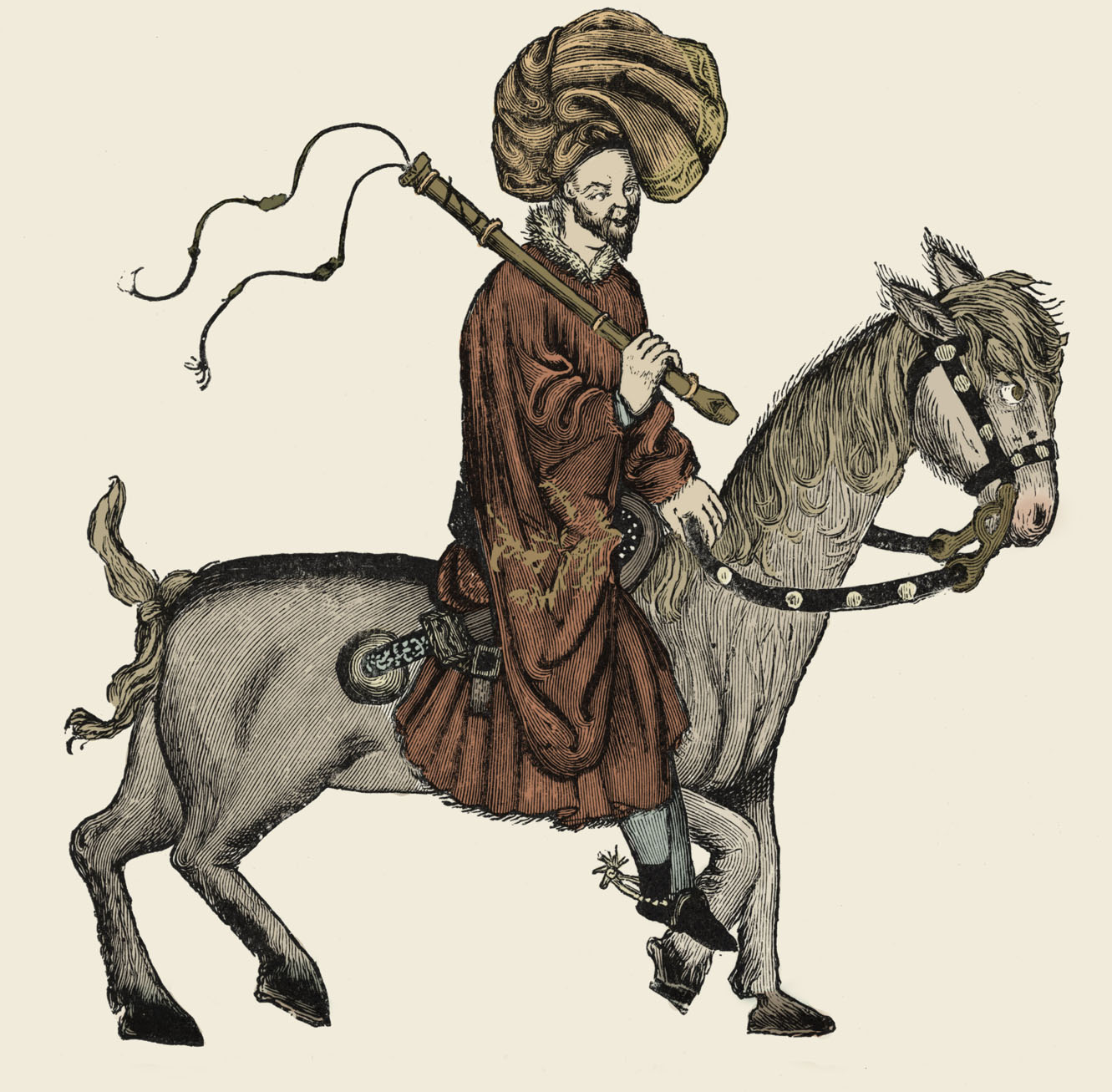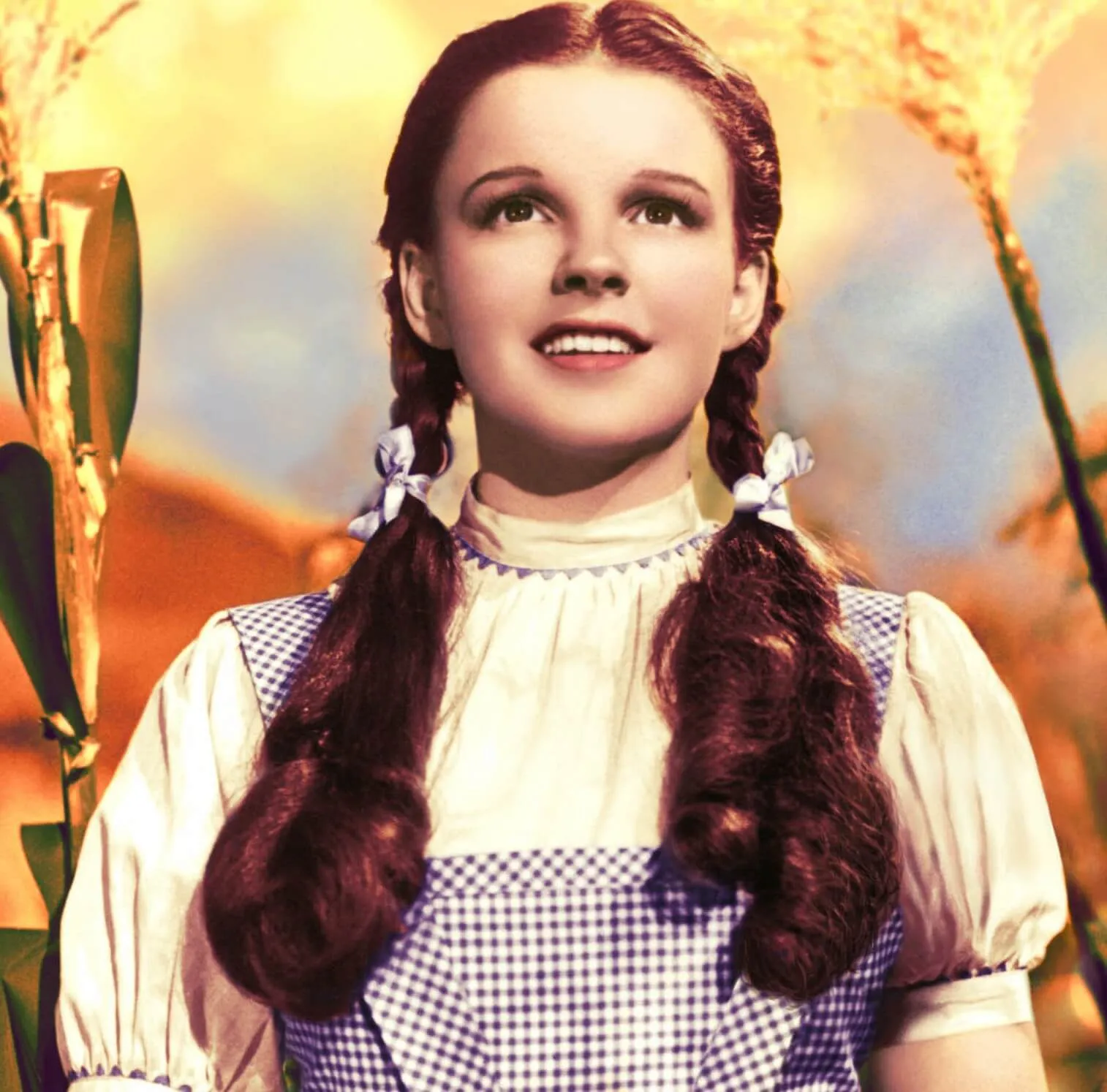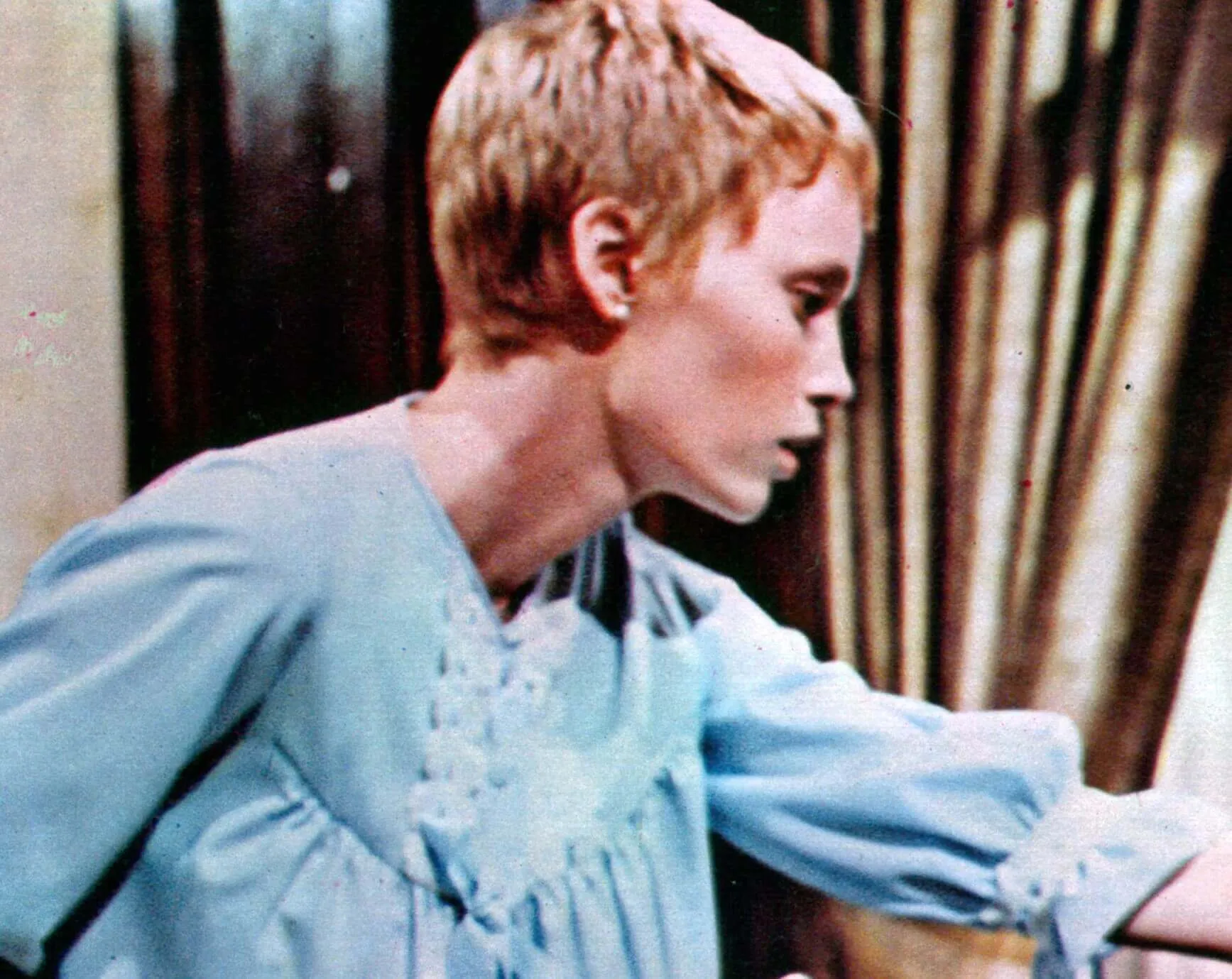‘The Handmaid’s Tale’ Author Changed the Original Name of the Book
The Handmaid’s Tale is iconic as it is, however, its author revealed it once had a very different title. Margaret Atwood decided to change the name of the book for a very specific reason. Here’s a look at the famous author who inspired her to make the change.

‘The Handmaid’s Tale’ author revealed the original title of the book
In an article she wrote for The New York Times, Atwood discussed the original title of The Handmaid’s Tale. “When I first began The Handmaid’s Tale it was called ‘Offred, the name of its central character. This name is composed of a man’s first name, ‘Fred,’ and a prefix denoting ‘belonging to,’ so it is like ‘de’ in French or ‘von’ in German, or like the suffix “son” in English last names like Williamson. Within this name is concealed another possibility: ‘offered,’ denoting a religious offering or a victim offered for sacrifice.” She said she never revealed Offred’s true name in the book, though her name is June in the Hulu adaptation.
‘The Handmaid’s Tale”s connection to a famous author and fairy tales
However, Atwood decided to rename her book The Handmaid’s Tale after The Canterbury Tales by Geoffrey Chaucer. The Canterbury Tales is a famous set of stories that span many genres. Many of the stores have titles like “The Knight’s Tale,” “The Cook’s Tale,” and “The Friar’s Tale.” One could argue that the medieval setting of The Canterbury Tales has some similarities to the retrograde future of The Handmaid’s Tale. However, there was another reason Atwood chose the title The Handmaid’s Tale.

“At some time during the writing, the novel’s name changed to The Handmaid’s Tale, partly in honor of Chaucer’s Canterbury Tales, but partly also in reference to fairy tales and folk tales: The story told by the central character partakes — for later or remote listeners — of the unbelievable, the fantastic, as do the stories told by those who have survived earth-shattering events,” she said. Elsewhere in the article, Atwood compared Offred recording her story in the book to historical figures who bore witness to earth-shattering events, like Holocaust diarist Anne Frank and Samuel Pepys, who wrote about the Great Fire of London.
‘The Handmaid’s Tale’ author had some other connections to Geoffrey Chaucer
Atwood’s connection to Chaucer extends beyond there. During an interview with Variety, Atwood said she was a fan of Chaucer’s. In addition, Atwood gave an interview with January Magazine where she discussed her early teaching career. “I taught those courses that higher up people didn’t want to teach,” she said. One of the courses she taught was about Chaucer. Even for fans of The Handmaid’s Tale who haven’t read Chaucer, Atwood’s comments about her reasons for changing the title of the book provide valuable insights into her authorial intent.

